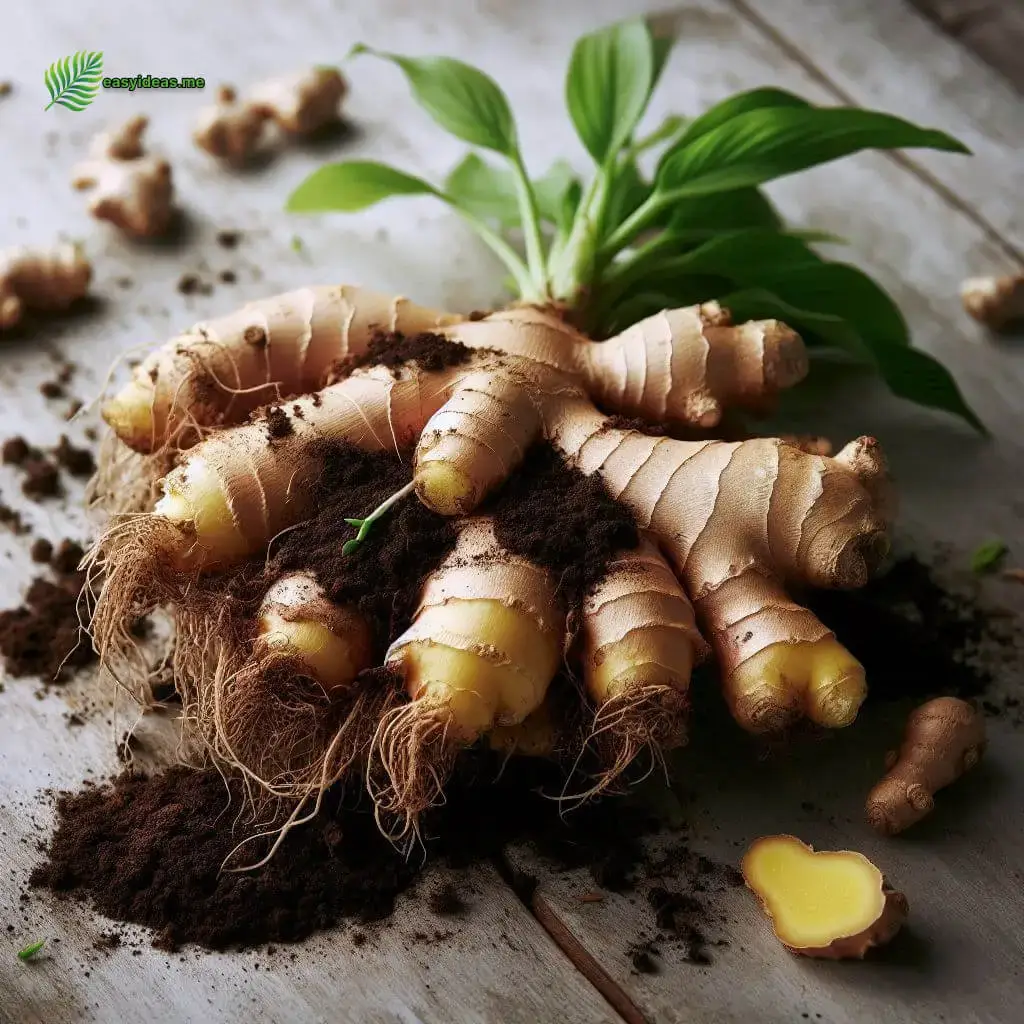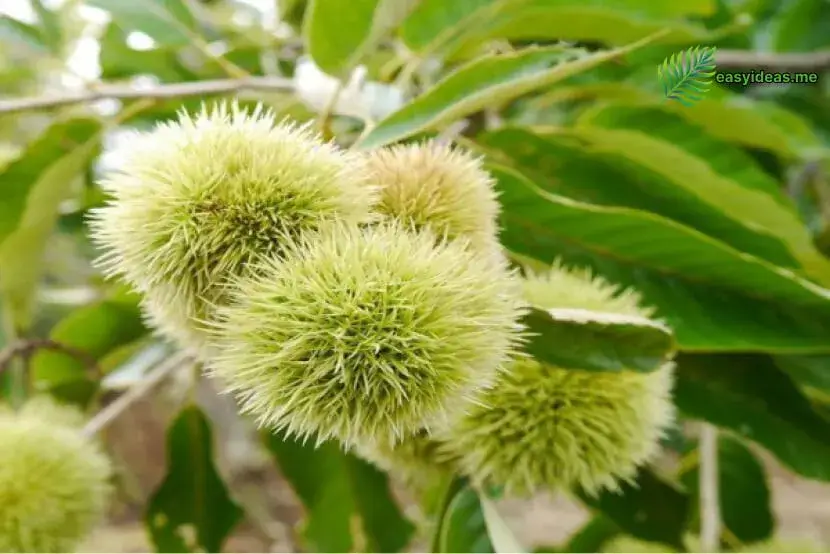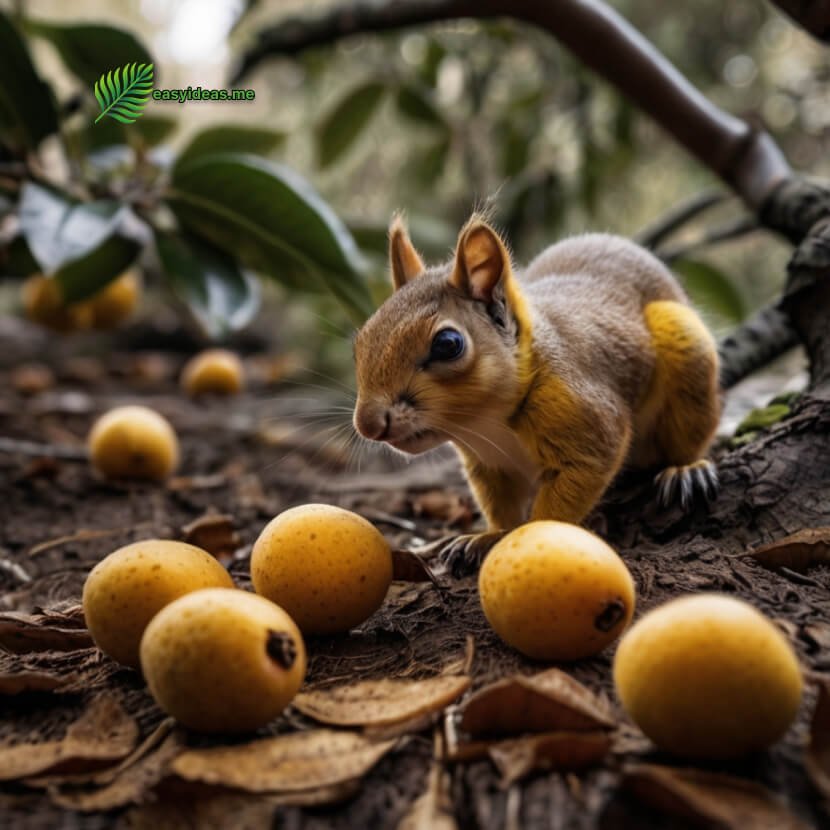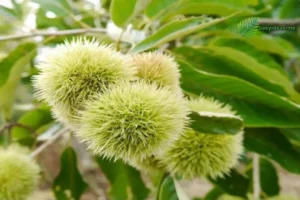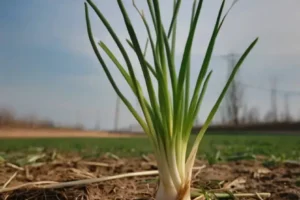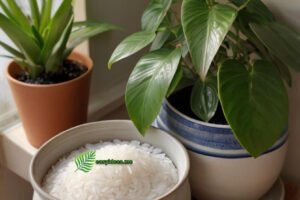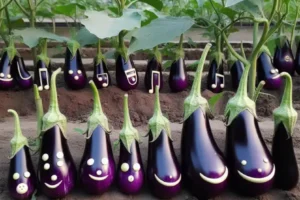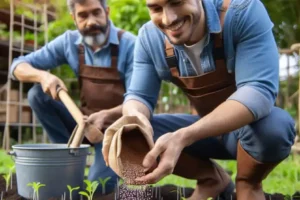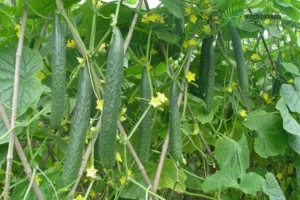Baking soda is commonly used for household cleaning, food sanitation, and beauty purposes. In addition, baking soda also helps you take care of your garden, ensuring its freshness and vitality.
1. Anti-fungal
Baking soda, combined with soap and water, forms a solution that helps prevent fungal infections in certain types of plants, shrubs, and fruit trees. It is important to observe the reaction of each plant and spray an appropriate dosage. Avoid spraying an excessive amount of the solution, as it can potentially harm or kill the plants
2. Reduce the presence of aphids
Aphids are a type of organism that specializes in eating soft-stemmed plants. They secrete a sweet sticky substance that attracts ants and causes black fungus to appear, affecting the plant’s photosynthesis process. You can combine baking soda and soap to prevent these insects from destroying plants.

3. Repel ants
Ants build nests on or under plants to extract plant sap, which can slow down the growth of the plants. To limit the invasion of ants, you can combine baking soda with soap, lime water, and spray it on the plants to repel them
4. Useful for measuring soil quality
Soil that is healthy is neither too acidic nor too alkaline. You can determine the pH level of the soil through the following steps:
- Step 1: Boil distilled water and add chopped red cabbage to it. Let it soak for 10 minutes, then strain the water. This water mixture has an average pH level.
- Step 2: Take two separate cups and add some red cabbage water to each. In one cup, add vinegar, which will turn it pink due to its acidic nature. In the other cup, add baking soda, which will turn it green due to its alkaline nature. Use the red cabbage water to test the pH of the soil.
- Step 3: In separate cups, add some red cabbage water and a small amount of soil. Wait for 30 minutes. If the water turns pink, the soil is acidic. If it turns green, the soil is alkaline. If the water remains purple, then your soil is neutral.”
Please note that this is a rough and basic method to estimate soil pH and for more accurate results, a proper soil testing kit or laboratory analysis should be considered.
5. Baking soda helps you achieve better soil mixing
After knowing that a neutral pH is ideal for plant growth, you can start mixing compost. Make use of all the organic kitchen waste, add a little baking soda, and ensure that the soil remains well-drained. Before using the compost mixture for fertilizing your plants, it is advisable to recheck the pH level of the compost to ensure the healthy development of your garden


